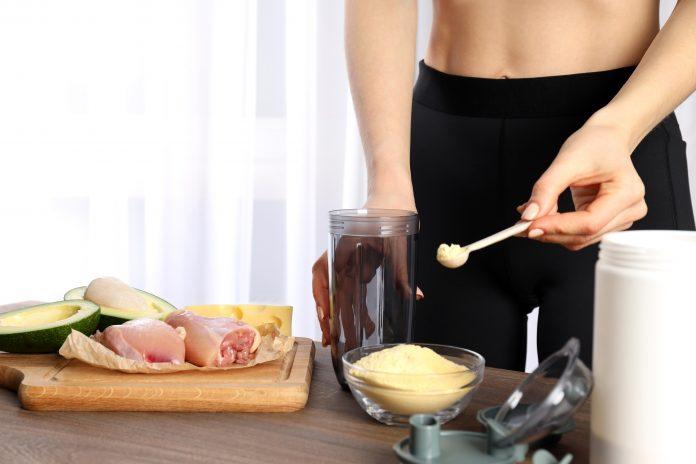If you are an athlete, your physical health is the key to your active lifestyle. You depend on strength, skill, and endurance. And therefore, nutrition acts as a pivotal role in this regard, especially when we talk about athletic nutrition.
Athletes need a well-balanced diet. One must take special care to get enough of the calories, vitamins, and other nutrients that provide energy. Being at your best takes time, training, and patience, but that’s not all. Any time you spend 60 to 90 minutes doing high-intensity activity your body will require extra fuel.
A nutritious diet may help athletes increase their endurance not just physically, but also emotionally. Today we talk about some of the nutritional tips for the athletic peeps out there. So, let’s gets started…
1. Avoid sugar consumption
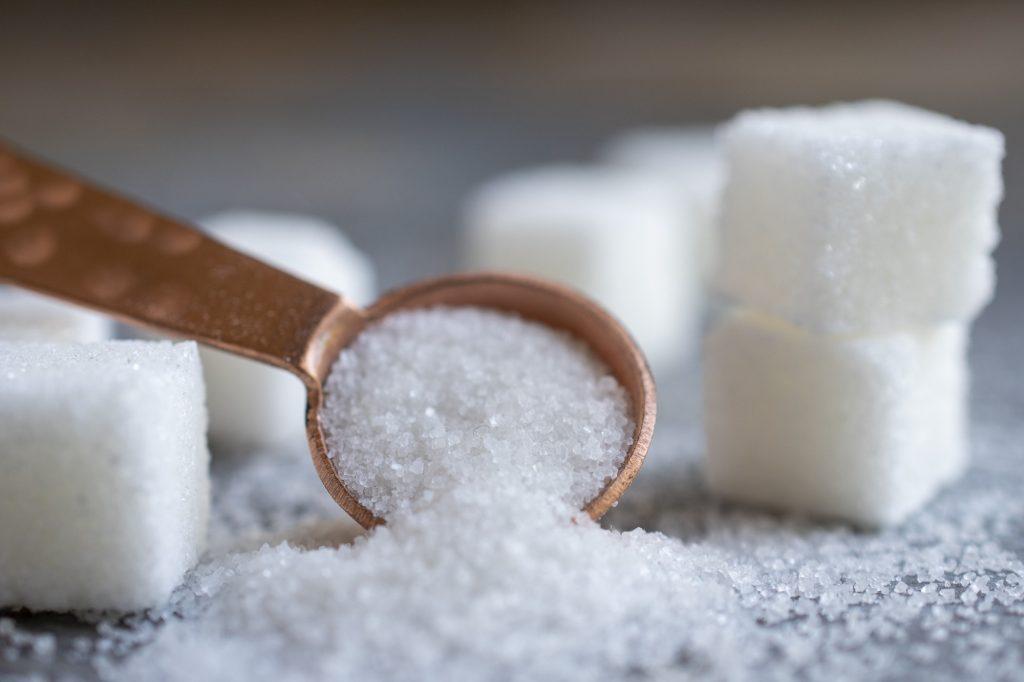
Sugar is a great source of energy if you want a boost before an activity, but the fact to be kept in mind is that the complex carbohydrates in sugar typically take longer for our bodies to break down, speeding up dehydration, resulting in a slower release of energy, which is never desirable. Besides that, if you consistently indulge in sugary foods, your body becomes resistant to insulin, leading to even more fat gain and a risk of diabetes.
The Dietary Guidelines for Americans recommends the added sugar count be limited to 10% of total daily calories. “It’s always best to get sugar from whole foods rather than from a candy bar”, says Kim Larson, RDN, CSSD, a sports dietician and media spokesperson for the Academy of Nutrition and Dietetics.
2. Consume simple carbs

Carbs are our body’s main source of fuel. A diet rich in carbohydrates increases both endurance and intermittent high-intensity performance because of the extra store of carbohydrates in the muscles and liver, called glycogen.
Our body begins to burn stored sugar in the liver and muscle and stores this in the muscles as glycogen. When we perform some athletic activity, the body uses this store as the source of energy. Simple healthy carbohydrates, such as the ones in vegetables, fruits, nuts and whole grains may assist offer rapid energy. If your activity extends more than just ninety minutes, you should start loading carb for 3-4 days beforehand.
3. Have enough iron in your diet
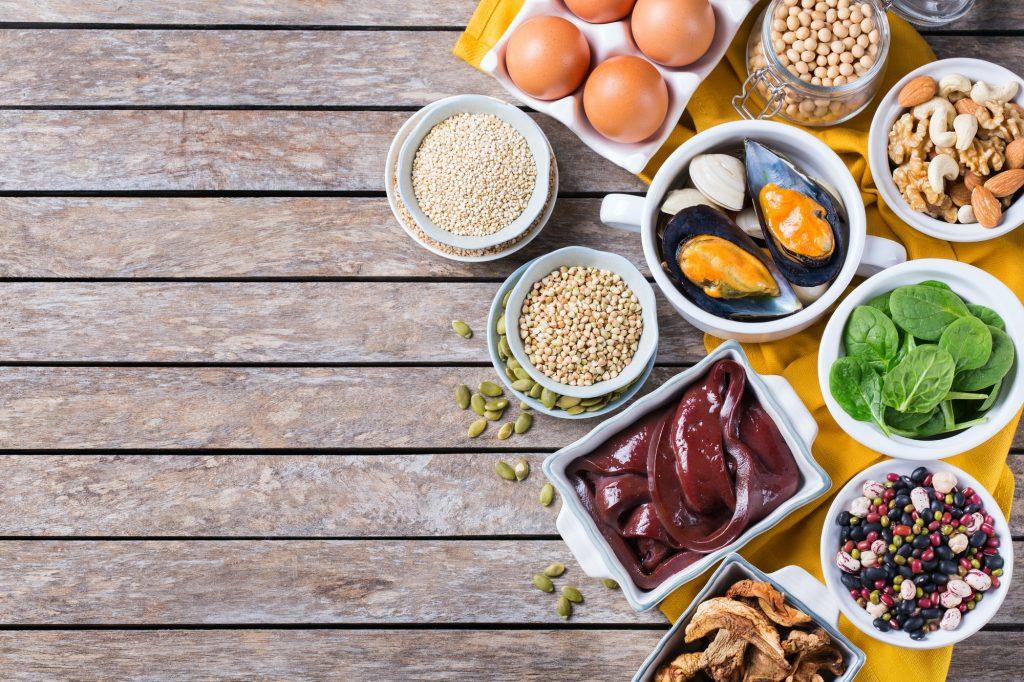
Iron is an essential mineral that assists in the transport of oxygen from the lungs to the rest of the body. We need sufficient oxygen transport to enable our muscles to execute work. Red blood cells contain haemoglobin, which is an oxygen-distributing protein made up of iron, and iron helps to make haemoglobin.
Insufficient hemoglobin content in the body may cause weariness, weakness, shortness of breath, and dizziness, resulting in anemia. And this might affect your performance negatively to a great extent. Iron is lost through sweat, skin, urine, and the gastrointestinal (GI) tract. Therefore, athletes need more iron than the general population. Being an athlete, always include iron-rich foods in your diet like red meat, chicken, shellfish, legumes, dried fruit, and fortified cereals.
4. Eat protein
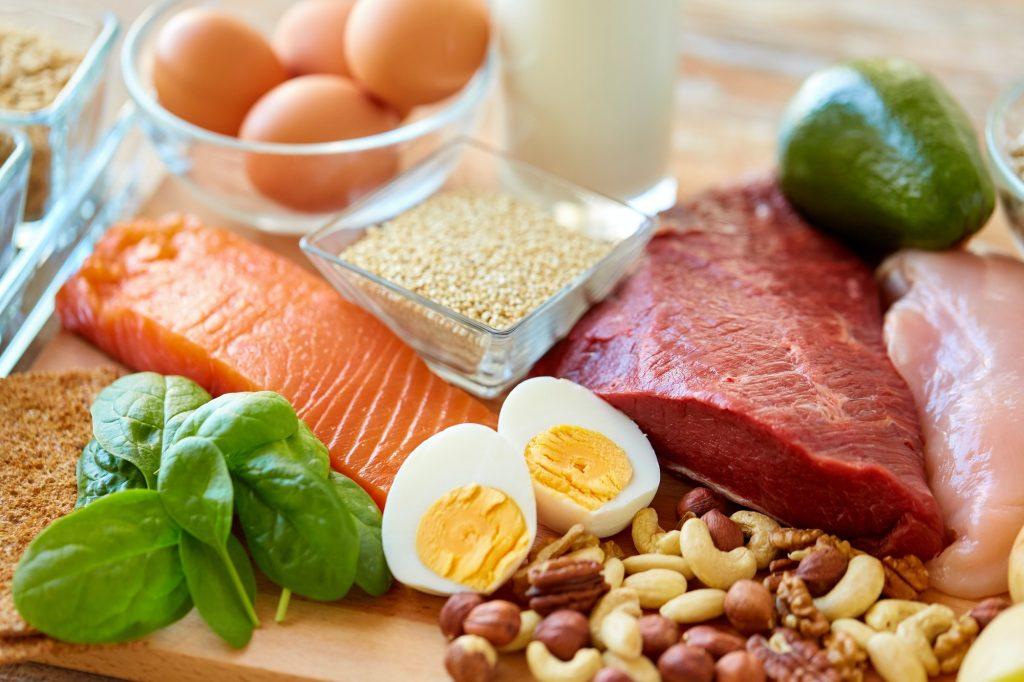
Protein is one of three macronutrients our body needs and receives a lot of attention in the food industry. Replenish on high quality protein like lean meats, fish, chicken, nuts and eggs. High protein diets are popular among athletes especially those seeking a leaner, more defined physique.
An athlete needs around 1.2-2 grams of protein per kilogram of body weight per day, depending on the sport and intensity of training. Not only does eating protein help prevent muscle breakdown, but it plays an important role in an athlete’s eating plan as it helps repair and strengthen muscle tissue.
5. Stay hydrated
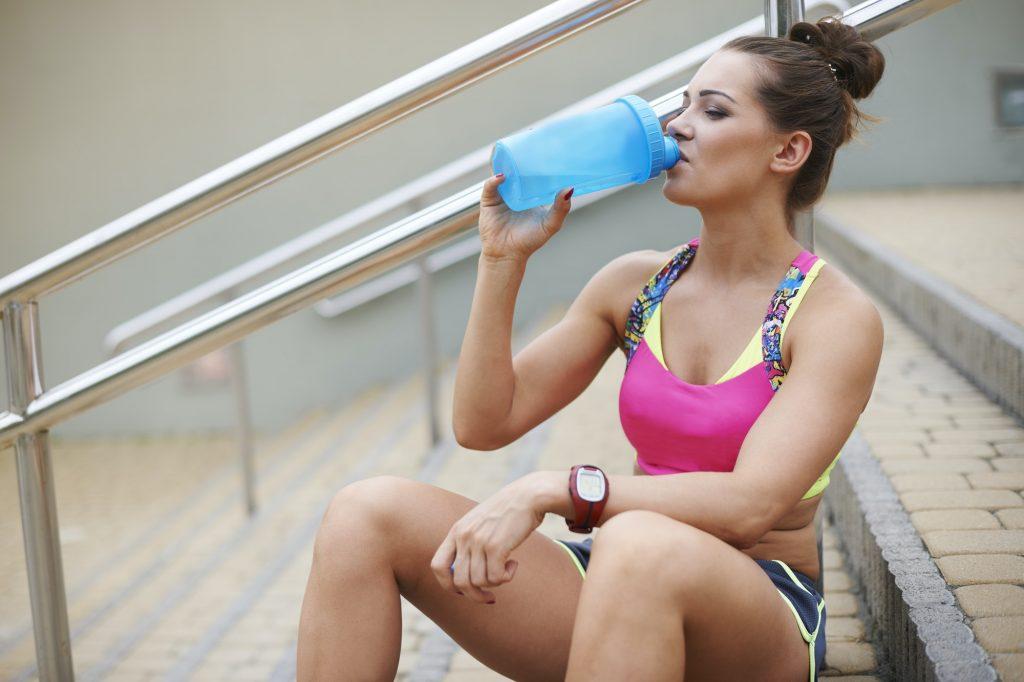
You should be well aware of the fact that water regulates your body temperature and lubricates the joints. It helps in translocation of nutrients to give you the energy required and keep you healthy. If you are not hydrated, your body can’t perform at its highest level. Signs of dehydration are muscle fatigue, dizziness, coordination decline, muscle cramps, decrease in energy, or other serious symptoms that might cause a reduction in your athletic performance.
Engaging in high intensity activities would indicate that your body will sweat a lot, which can quickly lead to dehydration. Consume plenty of water to avoid such things. Keep your body working at its best by ensuring that you get enough water every day.
6. Salt factor
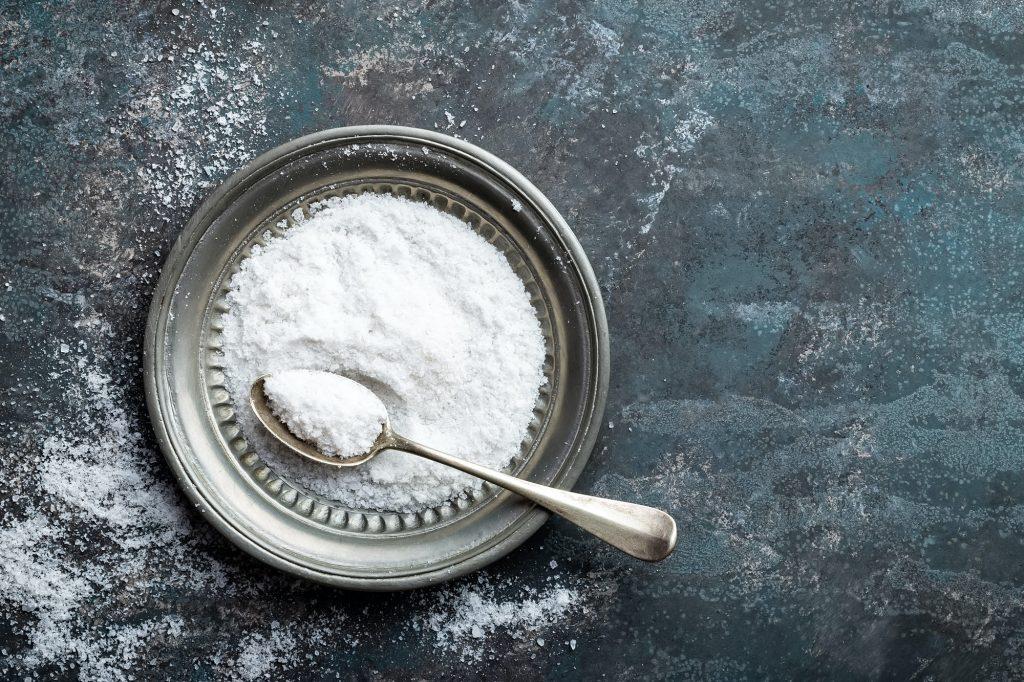
Sodium is an important mineral in the body. As well as maintaining fluid balance, sodium plays an important role in the absorption of nutrients in the gut, maintaining cognitive function, nerve impulse transmission, and muscle contraction. If you lose too much sweat while training and don’t replenish with electrolytes and fluid, you put yourself at risk from muscle cramps and poor recovery.
Although it is said to stay away from too much salt because it increases the risk of hypertension, adding a pinch of unrefined sea salt to one liter of water during intense training will help you prevent hyponatremia or low sodium in the blood. The American College of Sports Medicine recommends that endurance athletes consume 300-600mg sodium/hour (1.7-2.9g salt) during prolonged exercise.
7. Remember the junk counterpart

While foods with little nutritional value fail to invest in an athlete’s well-being and ability to withstand the demands of rigorous training, occasional junk food does not ruin health when eaten in moderation. Some people prefer to have a larger amount of fat calories in the way of eating enough carbohydrates. But, if you eat too few carbohydrates, you lose energy for the activity you perform.
High-calorie, nutrient-dense, healthy foods help to fuel running performance by making you feel more alert and energetic. However, unhealthy foods can lead to a decrease in performance.
8. Have adequate rest

We live in a very fast paced world and many of us are always on the go and so, it is said, rest and sleep are essential for an athlete. “Getting enough sleep is crucial for athletic performance,” says David Geier, MD, an orthopaedic surgeon and sports medicine specialist of Charleston.
Studies shows us that good sleep can improve speed, accuracy, and reaction time in athletes. Faster sprint times and increased free-throw accuracy was also observed, with increased vigour and decreased fatigue. This data suggests that by increasing the amount of sleep, an athlete may significantly enhance his/her performance. Take your time and make sure to also set aside rest days in between your active days so that you can recover.
9. Have snacks in between
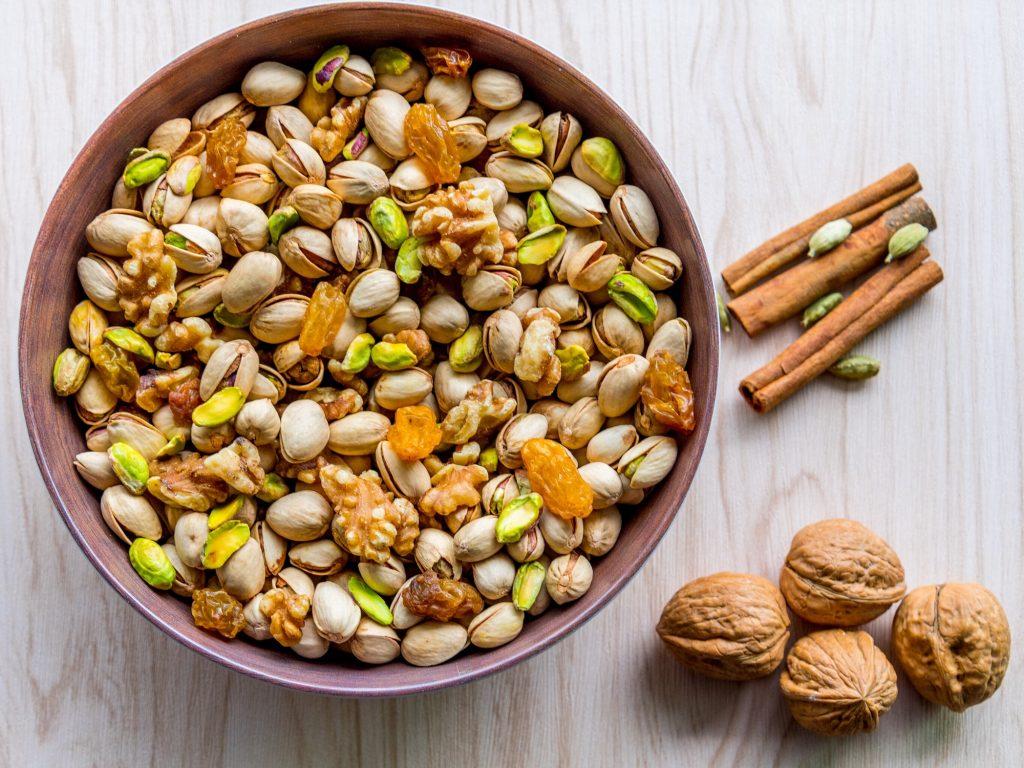
Healthy snacking is an important part of an athlete’s diet. If an athlete eats a very large meal three times a day, this can force the body to store instead of burn, which may lead to an increase in body fat. To help the body use the calories taken in most efficiently, athletes should eat snacks between meals.
Snacking ensures adequate fuel for sport, improves muscle recovery, helps manage weight and boosts mental performance. If you are going to be exercising for more than 90 minutes, try to get into the habit of snacking every 20 minutes.
Good snack options include an energy bar, a banana, an apple or other fresh fruit, yoghurt, a fruit smoothie, peanut butter sandwich and a sports drink or diluted juice.
Also read:
9 Best Nutritious Ways to Lose Body Weight
The Advantages and Disadvantages of Drinking Coffee


